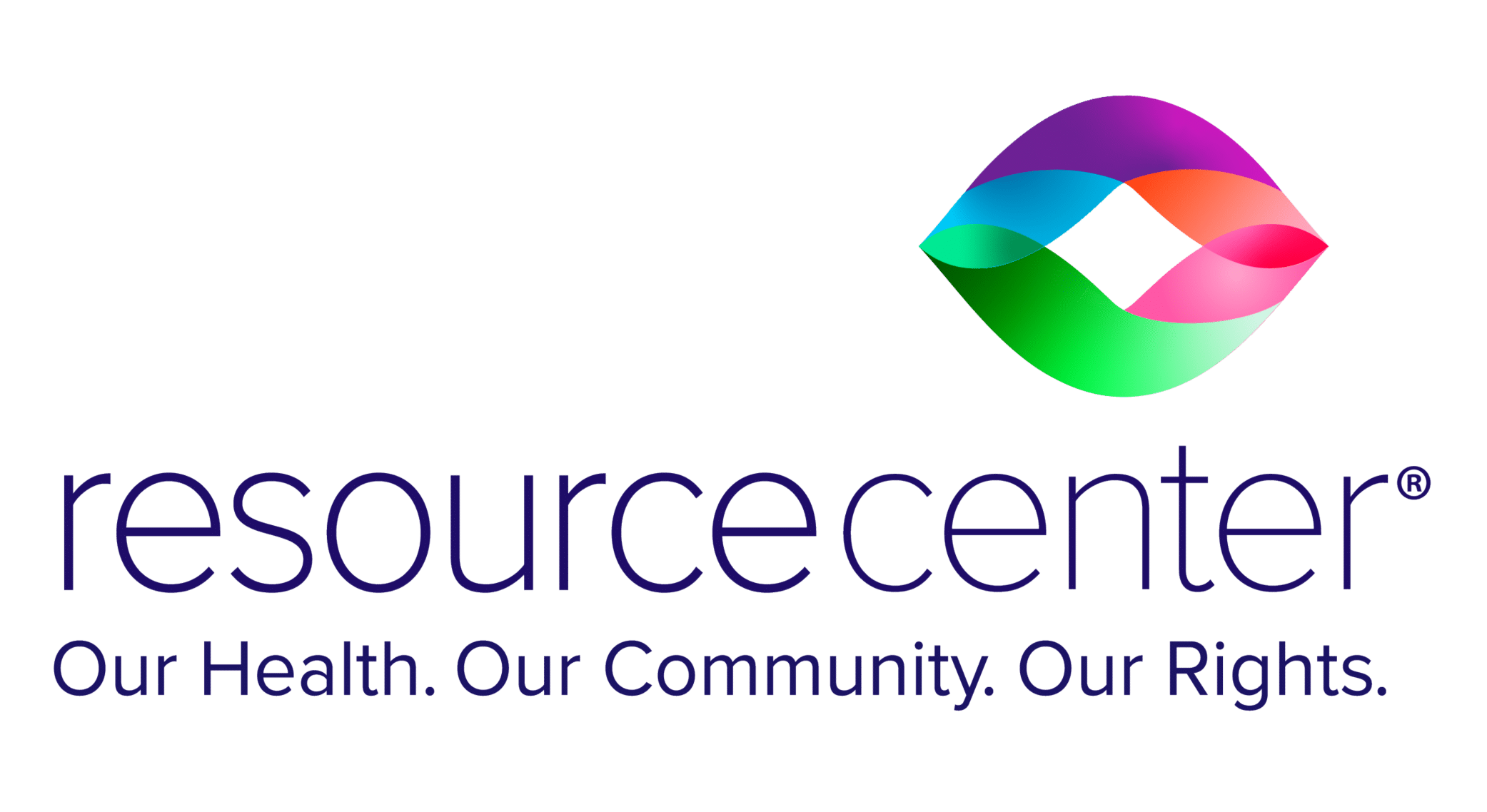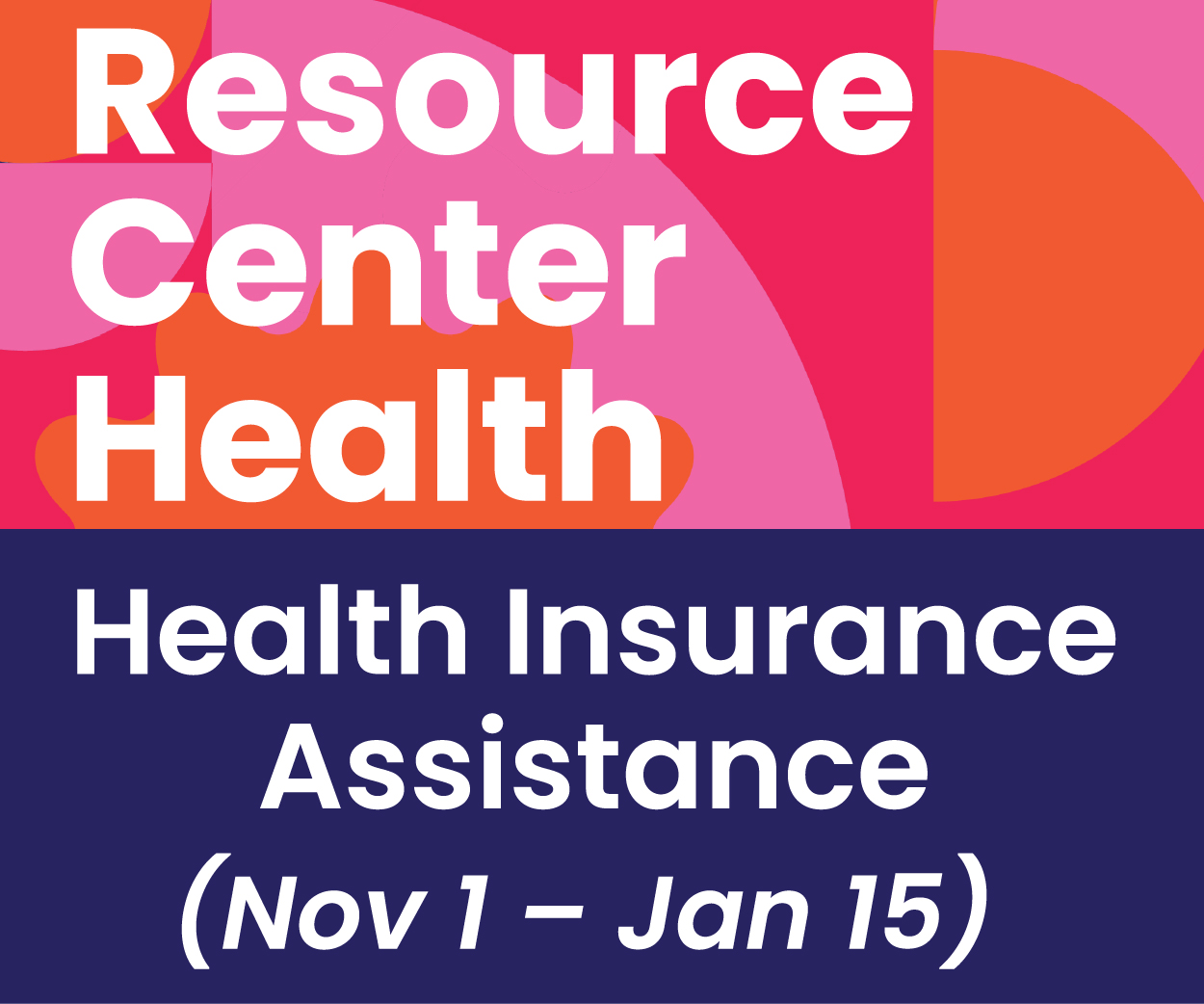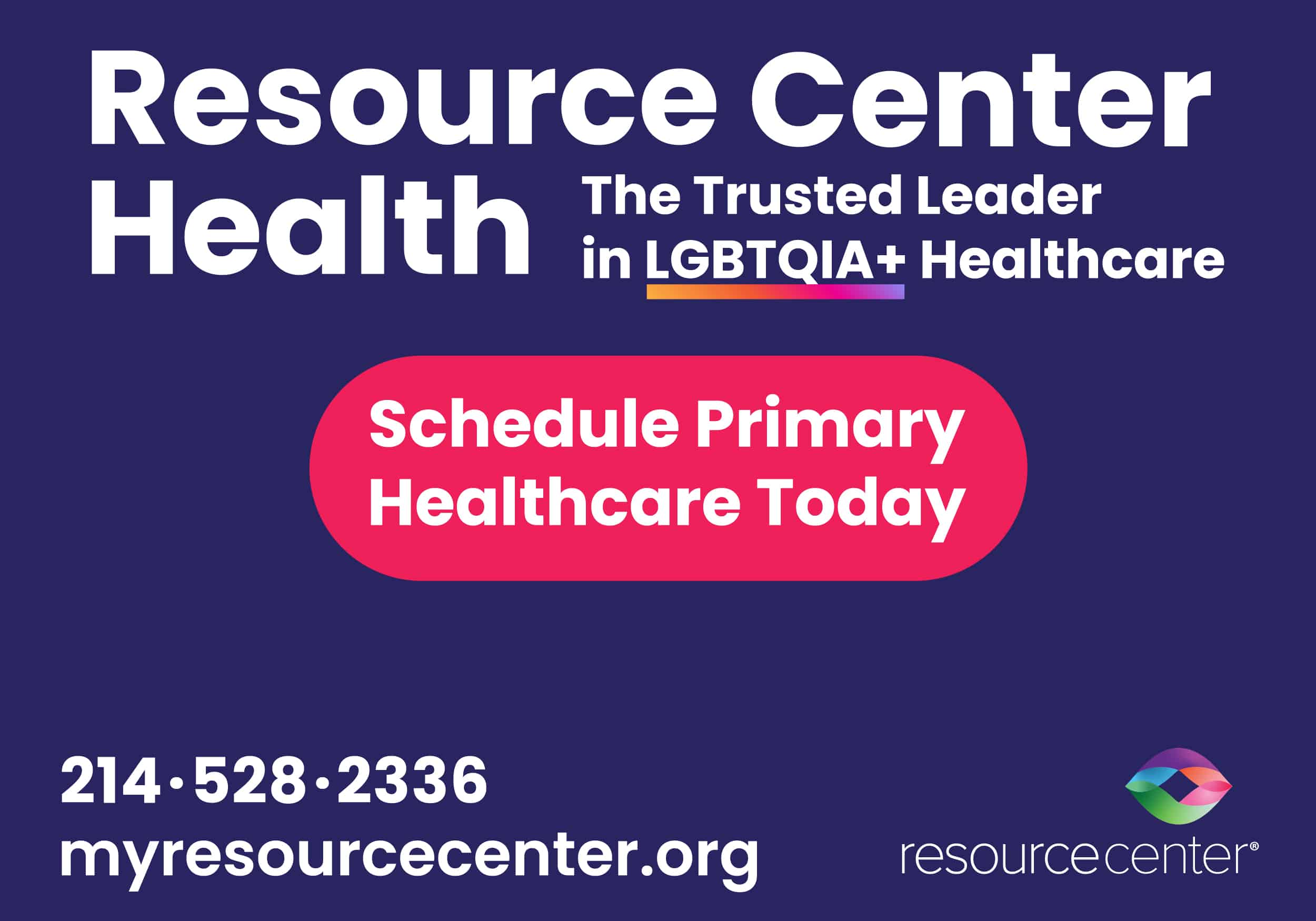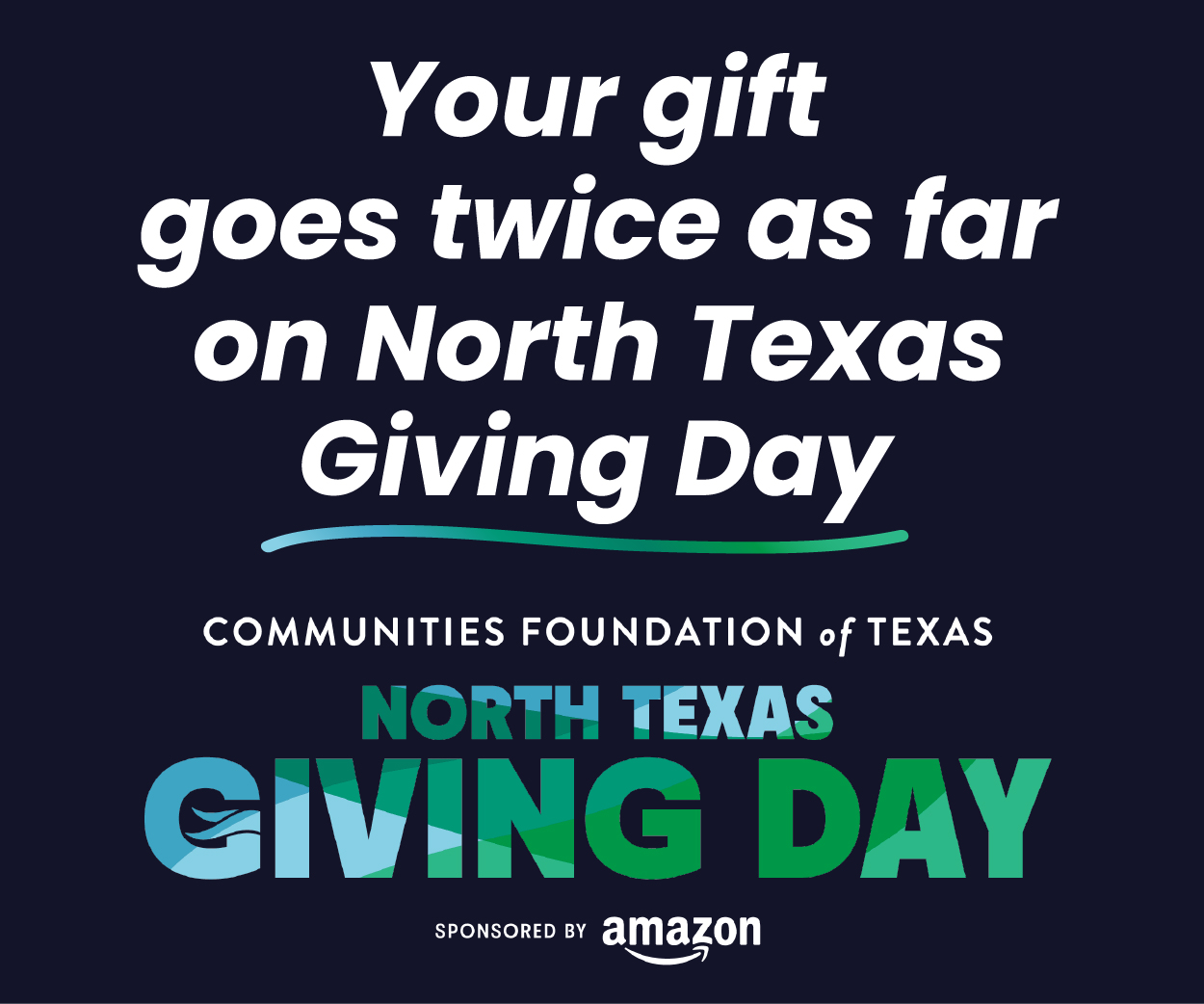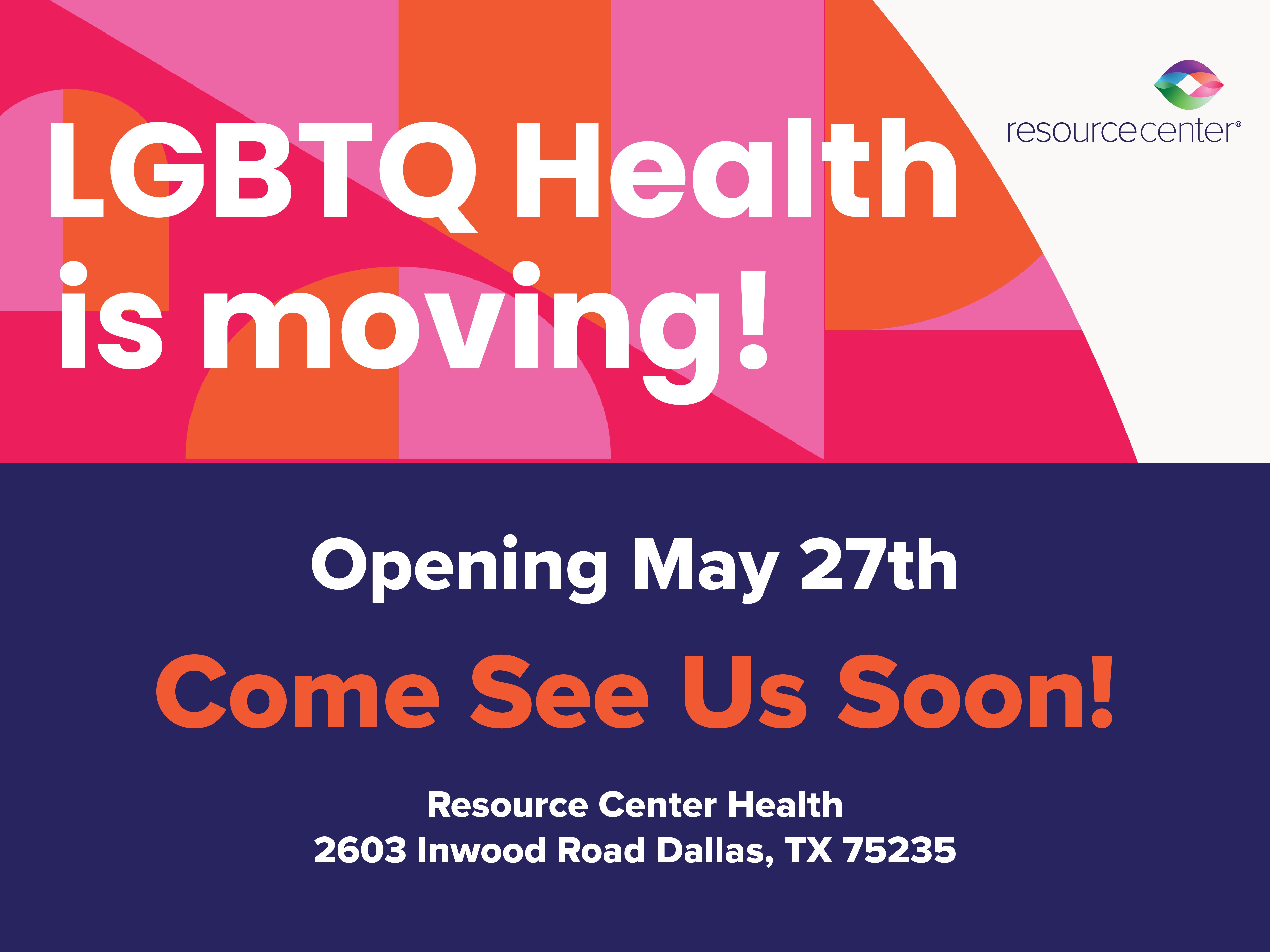Older adults are struggling with housing. LGBTQ seniors face additional risks.
By Cece Cox
Seniors across the nation are facing a challenging landscape. According to the National
Council on Aging, more than 80%, or 47 million households with older adults, are
experiencing financial struggles. With the rising cost of living, older adults are finding it
harder than ever to secure affordable housing.
Recognizing the growing need, Oak Lawn Place, a new affordable housing community
developed by Resource Center in Dallas, has sought to create a sanctuary where all
residents will be welcomed and affirmed. For the past five years, the vision for Oak
Lawn Place has been built on mutual respect and inclusivity — regardless of who a
resident is, where they come from or whom they love. This month, that vision has
become a reality as the community officially opened its doors.
According to the Department of Health and Human Services, homelessness among older
adults age 50 and above is on the rise, driven largely by economic instability in later
years. Seniors now account for nearly half of renters with extremely low incomes,
placing them at significant risk of homelessness when unexpected expenses, such as
medical bills, arise. Coupled with increasing rents in North Texas and a 30,000-unit
shortage of affordable apartments, according to the Child Poverty Action Lab, many
seniors are finding themselves priced out of the rental market with few available
options.
Amid the financial pressure that all older adults are facing, LGBTQ seniors face
additional risks simply for being themselves. The first generation of LGBTQ individuals
who have lived openly are now reaching their golden years. This generation grew up in a
time when coming out meant risking everything: careers, families, friendships and even
their lives.
During the 1980s and 1990s, as the HIV and AIDS pandemic grew, this community had
to rely on each other for care in the absence of government support. Many have endured
lifetimes of stigma, discrimination and disrespect from landlords, health care providers
and other services that most Americans take for granted.
The adversity faced by LGBTQ seniors has left them financially less stable, more socially
isolated and often with fewer family members to rely on. According to SAGE, a national
advocacy organization focused on LGBTQ elders, 59% of LGBTQ older people report
feeling a lack of companionship, and 53% report feeling isolated from others. With
on-site programming designed to foster community and honor our elders, we provide a
space where LGBTQ seniors can live authentically, surrounded by peers and resources
that respect and support them.
Despite the progress made toward LGBTQ acceptance in recent years, older generations
still encounter gaps in accessing spaces where staff truly understand their needs. Many
feel that they are simply not welcome in these spaces and report that they are less likely
than other older adults to reach out for help. For these seniors, affirming housing isn’t
just a place to live, it’s a matter of dignity.
Too often, LGBTQ seniors find themselves in facilities where they are either forced back
into the closet or face outright hostility from both staff and other residents. The fear of
harassment or neglect can lead to higher levels of anxiety and depression and,
ultimately, worse health outcomes. At Oak Lawn Place, we aim to turn the tide of this
sad narrative.
Oak Lawn Place does not exclusively serve LGBTQ individuals. Its doors are open to all
qualified applicants, rooted in the belief that inclusivity benefits everyone. By creating a
community that welcomes people of all backgrounds, Oak Lawn Place promotes
dialogue, understanding and mutual respect. This isn’t just a home for LGBTQ seniors,
it is a home for anyone who values diversity and believes that every person deserves to
age with dignity.
Cece Cox is CEO of Resource Center, the primary LGBTQ community center in North
Texas. She led efforts at Resource Center to construct Oak Lawn Place, an affirming senior
housing community.
